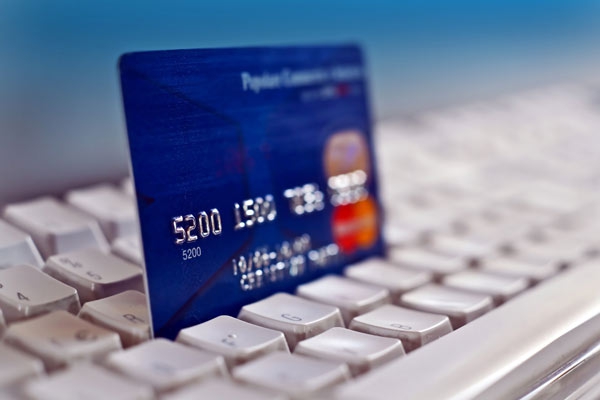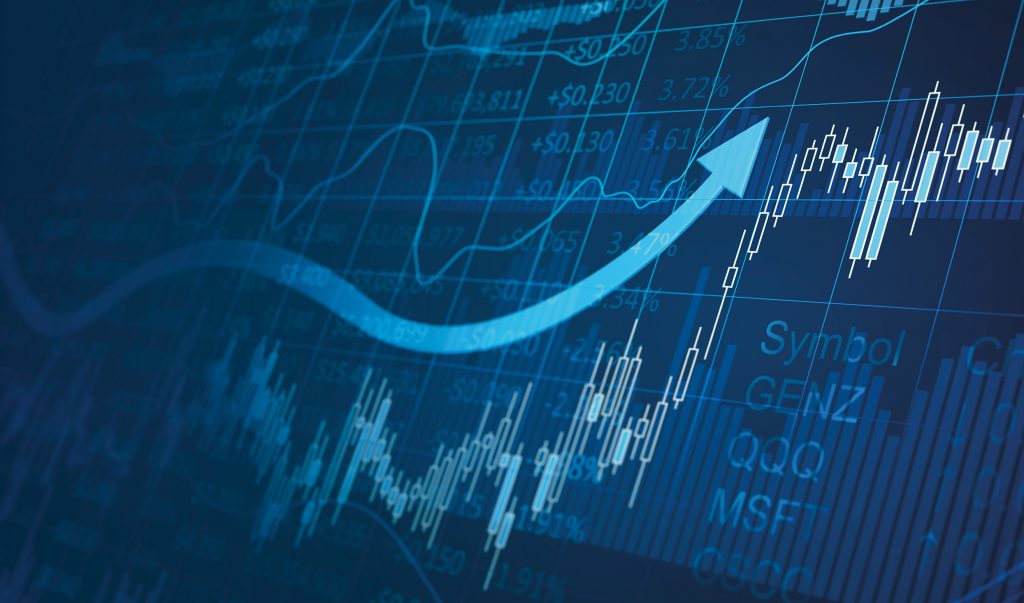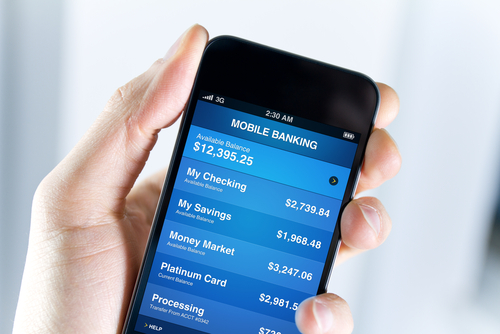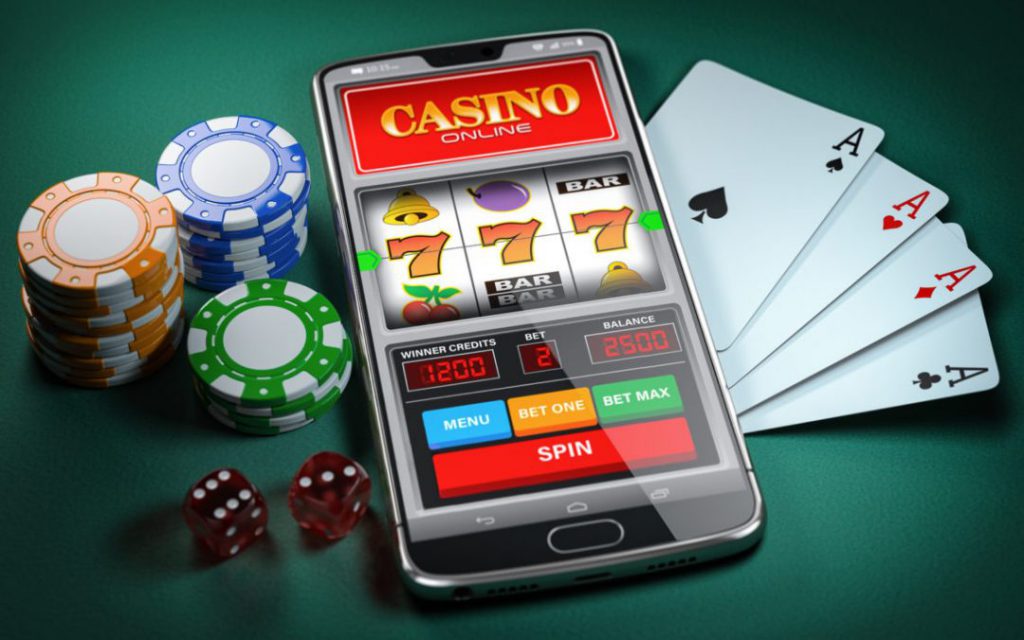The future
MODERN BANKS TODAY (REVOLUT)

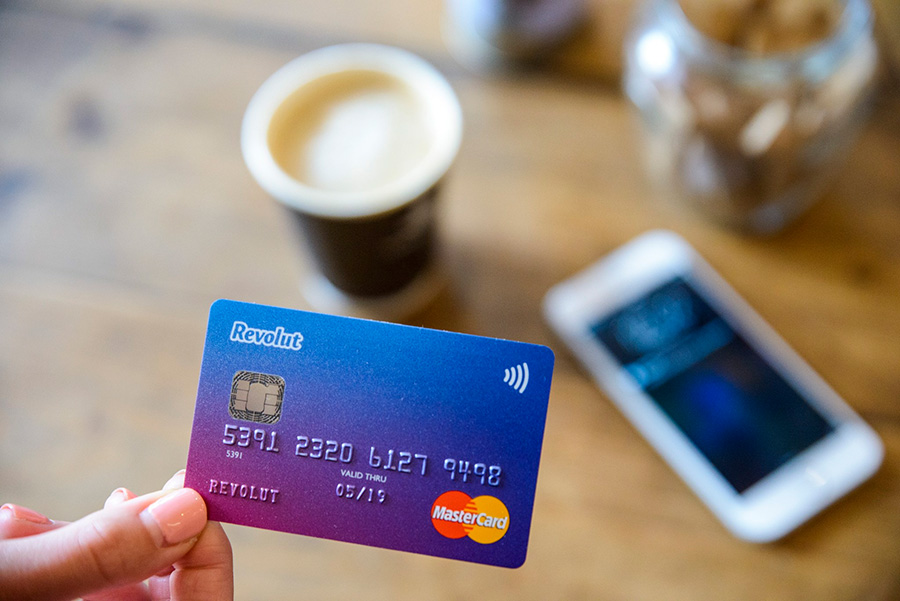

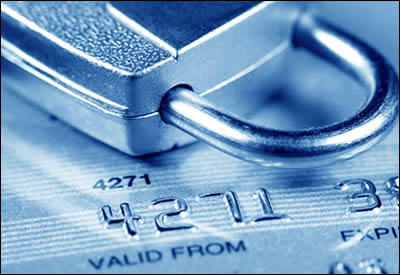
Nowadays, people would rather avoid a trip to the bank, and they thus embrace online banking. As a result, banking institutions have changed the way they serve their customers. Take Revolut as an example. This thriving financial institution has incorporated both traditional and modern means of banking. It still opens its banking halls to the public, allowing people to enjoy traditional banking. For people who want to avoid queues, you can use the app. Not only does the app aid in sending and receiving money, but it also caters to other needs. Users can trade in crypto, generate reports on their spending and other such activities. Revolut is not alone in this incorporation, as many other institutions have followed suit. Thus, begs the question, how is traditional banking different from online banking?

